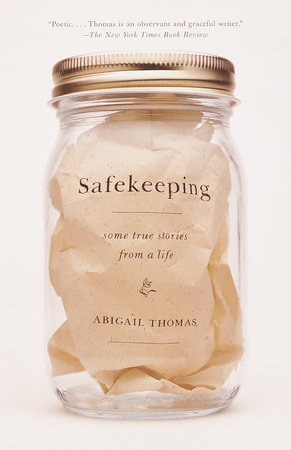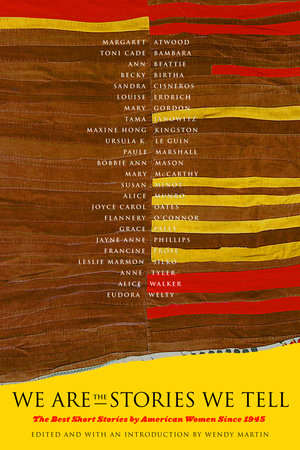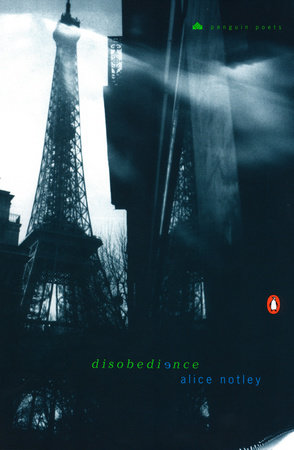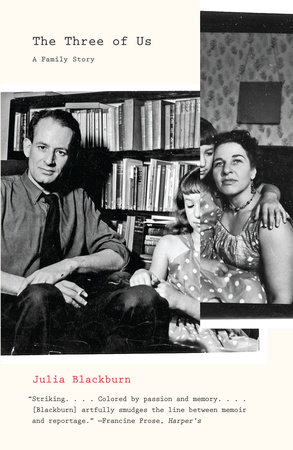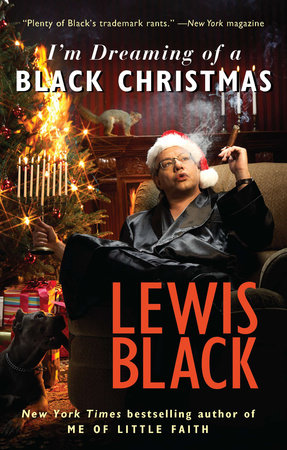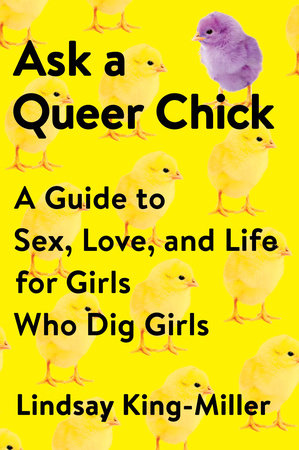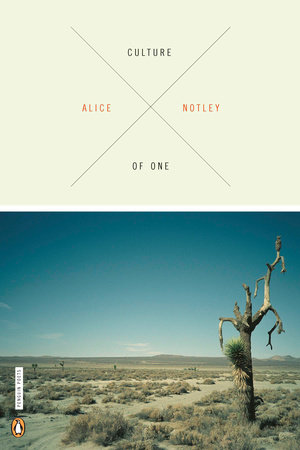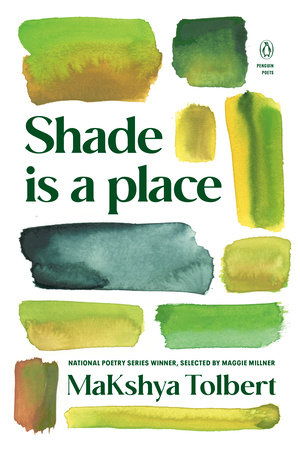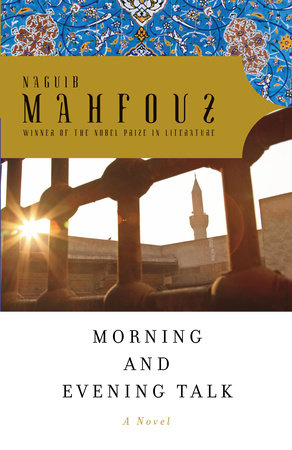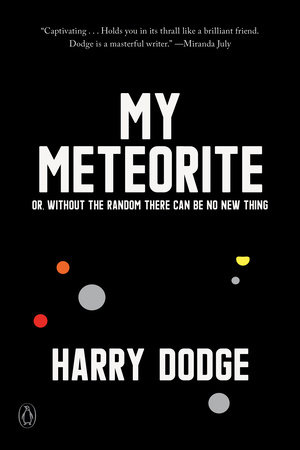Abigail Thomas, author of SAFEKEEPING
Q: Was there a specific event in your life that prompted you to write Safekeeping?
A: I began this book about a year after my former husband died. We had become very close friends. We hadn’t made a very good husband and wife but the friendship that evolved was real and deep and good. Anyway, after a long illness he died, and it kind of took me by surprise. It’s amazing what you don’t let yourself know when it’s happening right before you eyes. For a long time I couldn’t write anything at all, and then suddenly a bunch of short pieces began to appear. I didn’t know what they were, only that I couldn’t stop writing them. As I said in the book, when he was alive the past was still all around me, part of my life. Then he dies and suddenly half of my life had floated away. I began to look at my time with him, and before him, and what had happened and what was redeemable and what was not. I think I was looking for clarity, how-did-I-get-here-from-there kind of thing and I think it was also something I wanted to give my children. It came in bits and pieces and it needed to be in bits and pieces. My life has no narrative flow, no arc, my remembered life seemed to consist of moments big and small, and it’s in these moments that I began to find some truths. And to have constructed stories around them would have changed everything, made it into something else. Some memories were so sharp and painful that they didn’t deserve the cushioning a story can give, they needed to be presented as exactly as I could render them. And one thing began to lead to another and pretty soon I had a whole bunch of them. Then it began to take a sort of shifting amoeba-like shape. The hardest thing was to give it a chronology that wasn’t chronological but that made a kind of emotional sense. Partly it was to say to my children I’m sorry, I did these things and failed to do these things and I know it. So much can’t be undone but I can say Yes, this is the way it was, and this is who I was. But partly also to say hooray and surprise, aging is the best thing that can happen to you, middle age is the best of times and that’s part of what I like about it, I hope the book will show that you don’t have to stay put, you don’t have to stay stuck. You can learn as you go along. You can really and truly change. But it was Quin’s death that precipitated the whole thing.
Q: You open the book with a line from "Hey Jude:" ‘Take a sad song and make it better.’ How does that line inform this book?
A: Take a sad song and make it better. Oh boy. Well, yes. Certain cards are dealt you and you don’t do very well with them but if you keep your eyes and ears open, if somebody says exactly the right thing at exactly the right time you can learn from it, you can see, oh my God, there’s a whole different way to look at things, a whole different way to live, and it turns out to be simpler than the old way. You can make it better. There are those moments when you suddenly see you have a choice, the old way or something new. But you have to pay attention and be awake for when they come because otherwise they can whiz right past. And then you’ll just harden right up. Still and all, singing "Hey Jude" still makes me cry.
Q: Safekeeping is a memoir (of sorts) told not through a continuous narrative but through very specific recollections of events and moments in your life. Why did you choose to structure the book this way and what do you feel it illuminates about the nature of memory?
A: Well, the nature of my memory is pretty faulty. I have no memory for sea change, no memory for chronology. Some people remember everything. I think my sister can remember that in 1954 at Longchamps I got the bigger piece of pie. Naturally I can’t remember that. There are huge gaps in my memory. But I have very vivid memories of moments and moods and times. And this is what I worked with. I didn’t want to make a seamless thing of this, my life has been lived in a somewhat herky-jerky fashion, and anything smoother than that wouldn’t have felt right. I constructed this out of little bursts of memory mostly because it’s all I’ve got. But it feels very like my life to me.
Q: Why did you choose to write some parts of this book in the third person?
A: Some of these little pieces needed the distance the third person affords and others had to have the immediacy of the first. It wasn’t really a decision, that’s just how they came. But if they had all been in the first person I’d have very quickly tired of myself. And there are things you can say in the third that would sound maudlin in the first. Also, I think I saw myself at a certain distance in some of the third person ones, almost as if I’d been somebody else once. Which, of course, I guess I was.
Q: You found yourself pregnant with your first child at age 18 and as a single mother, in 1968, with three children at age 26. How do you think society has changed since then in its views towards single mothers and what advice can you share with young mothers?
A: Getting pregnant before marriage in 1959 was a really shameful thing. My college (Bryn Mawr) gave me two weeks to leave, and told me I couldn’t take my meals with the other girls. A weird time. I honestly don’t know how much the stigma has changed, probably in many places it hasn’t changed much. Small towns maybe. But by 1968 when I moved back to NYC with three little kids, there were all kinds of support systems in place for single mothers. My kids went to a daycare program at Greenwich House on Barrow Street, a great place with wonderful teachers and real stability and meals (and even inoculations), and it cost me fifteen dollars a week for all three. Nowadays? Forget it. There is no way to work and care for your children. Why? God only knows. Republicans maybe. What advice can I share with young mothers? You don’t have to know everything. You don’t have to right. There isn’t always a solution to their hard times, and you can’t fix everything that comes along. Sometimes you just put your arms around them. Try to let them figure out for themselves who they are. Other than that? Make a lot of cakes. Oh and try to hang on to your sense of humor. And if you feel guilty about something you’ve done, try to get past it. Guilt befuddles the mind. Guilt is the enemy of clarity.
Q: You didn’t begin writing until age 47. What do you think have been the advantages of coming to write later in life?
A: Well, at least I didn’t burn out early. And I was an observer all those years. Also, my molecules were still spinning around trying to take shape, I wouldn’t have had a thing to write about worth putting down. I can also say with authority to struggling writers who aren’t getting anywhere as fast as they’d like that it happens when it happens. I thought you had to be anointed to be able to write. I thought you had to be special, to know something I didn’t know. The truth is that you need to be a beginner every time you sit down. Bill Roorbach, my first writing teacher, used to read from Zen Mind, Beginner’s Mind. "In the beginner’s mind are many choices, in the expert’s mind are few." You write with you beginner’s mind. To be a beginner at anything at age 47 was nothing sort of thrilling.
Q: You write about your parents’ marriage and about watching them age. How has that influenced you own ideas about marriage and aging?
A: My parents were in love with each other since they were sixteen. My father’s illness and death was terrible for us all. What did I learn from it? I don’t know yet. I really don’t. Probably a great deal I’m not ready to writethink about yet.
Q: You write about a moment at age 16 when you realized you had sexual "power." What is that power and how has your understandingdefinition of it changed with age?
A: Sexual power was both real and illusory. It was great to get whistled at on the street, great to have a man want to come home with me. Silly as that sounds, I have to give it its due. I loved it. And I wanted that more than I wanted to be a lawyer or a nurse or a doctor. It satisfied me in some very primitive way. It was also the only power I thought I had. I was a girl of the fifties, brought up to revolve around the man, to bask in his light. I don’t knock it. But finally, there’s the power inside you to make something else out of yourself. Children. Paintings. Rugs. Stories. Really good talk. The best thing I think anyone can have is the thing that takes them outside themselves, the passion and power to make something, to move somebody else, to make them shake with recognition. Oh, you too, I want the reader to say. You too.
Q: How has being a grandmother affected your views on motherhood?
A: Grandmotherhood. It makes me appreciate how hard it is to be a mother. When you’re the grandmother there’s nothing you can do for your grandchildren that’s bad for them. You can spoil them and love them and comfort them and even get it wrong and it’s okay as long as you love love love them (and you do do do). But mothers have to deal with everything else. Love isn’t enough when you’re the mother. You also have to try and keep an even keel. Maybe by the time you’re a grandmother your keel has evened out on its own. And when you’re the grandmother you know you’re going to go home and get a good night’s sleep. Motherhood is really very hard.
Q: Much of this book is colored by the death of your second husband. How did the writing help you deal with your own grief?
A: I think Quin would have loved this book. I think he would have really loved this book. That makes me happy. He would have loved that I’d written us down and gotten us right. That makes me feel good. I miss him, but it keeps him connected to me in a funny way.
Q: You teach a variety of writing workshops. Can you tell us about them and also what you have learned from your experience as a writing teacher?
A: I teach a workshop called The Tuesday Night Babes and we’ve been together almost eight years. We are all different ages and backgrounds, but we have become something akin to an organism. I think none of us laugh as hard anywhere else, or speak as passionately, or feel as safe and happy as we do on Tuesdays. I say "we" because although I am the nominal leader, it really runs itself. The work is wonderful (two books have come out of it so far) but the fact is that we all really care about each other. I teach a workshop at the Cosmopolitan Club which is also all women, but most of themus are in our fifties, sixties and seventies. Our eldest is 89 and she drives from Princeton every Wednesday and then back again. This woman is Jane Brown who is a force of nature. She’s the one who told me that the trick of getting old successfully is to start something new that you’re going to get better at. I love these women. A couple of years ago I ran a workshop for men. One big difference was that the men’s group talked way more that the women’s. (This did not surprise me in the least). I also teach at the MFA Program at the New School. These are most often students in their twenties, so the classes are different from my more seasoned groups. They are talented and eager and serious and it is great fun to work with them. Teaching is kind of an honor for me. There is almost nothing I’d rather do than get the best work out of somebody. To find where their story lies and when it’s in hiding, to encourage and promote an atmosphere that is exciting and fertile and safe. My goal is that after each class I want everybody to be anxious to get home and write. What have I learned? That people do their best work when they are encouraged, (but not fooled), that everybody has a story in them and often many stories, that you can free somebody up to do the hard scary work, that people often begin their most important work when they think they are just playing. That there is nothing I would rather do.
